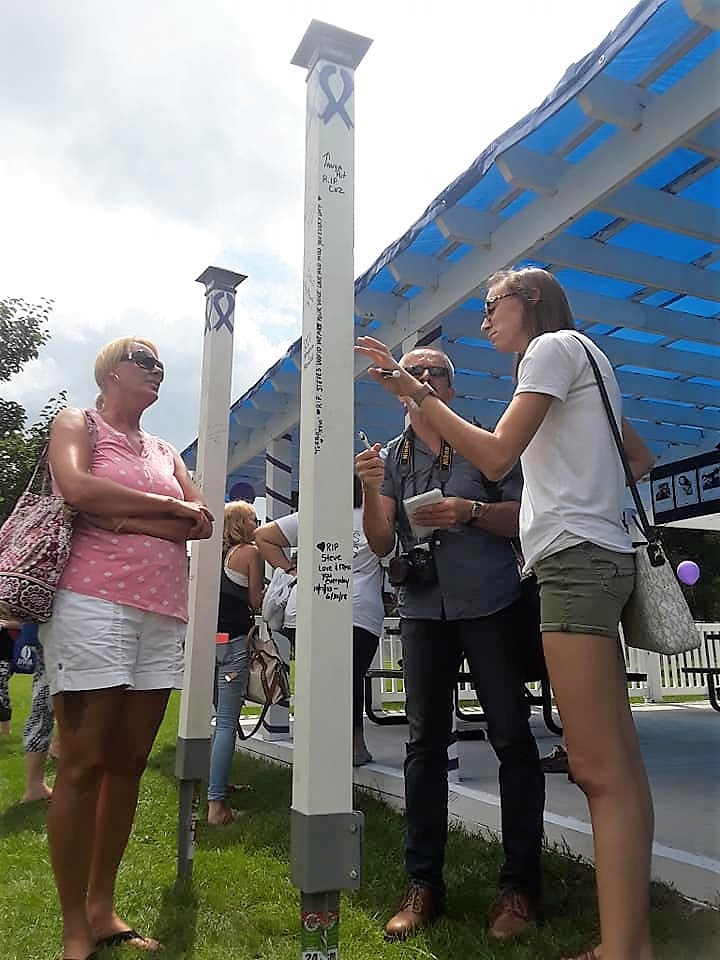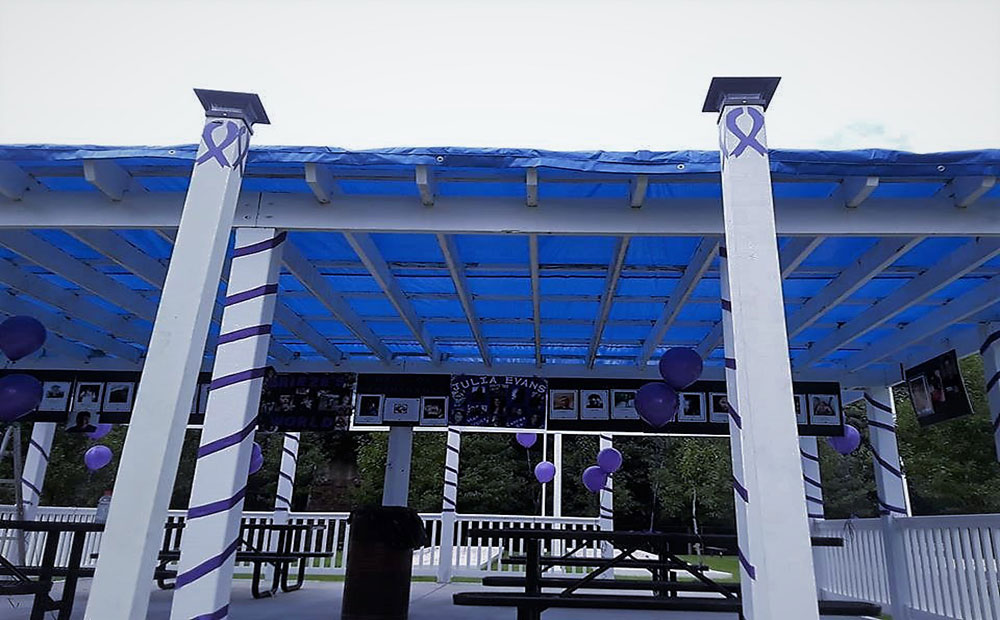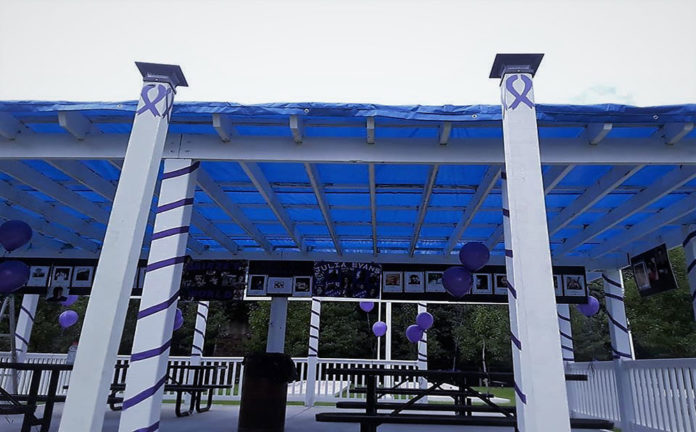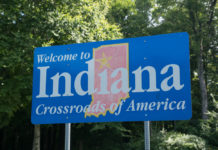A Christian organization recently hosted a community event in Minersville, Pennsylvania to support the residents of Schuylkill County in addiction recovery and pay respects to those who have passed away due to a substance use disorder.
The event, a free dinner open to the public, was organized by a team from the Community Mission Christian Center.
“The theme of the night was hope,” said Alicia Rutkauskas, one of the organizers of the event. “Hope for those in recovery, for those still struggling, for those who have lost friends and family and hope for our community. We set out to honor the ones we have lost by being their voice and making sure that their names and memories are never forgotten.”
The organization welcomed several local guest speakers who have been affected by substance use disorders and who shared messages of resilience and encouragement.
Rutkauskas explained that the personal stories that were shared with the crowd, of about 25 people, were deeply impactful. “The highlight of the night for me was a young woman, Alisa Steffie, who gave an emotion-fueled talk on how we all need to come together and figure this out because she is tired of losing her friends. She was really very powerful.”
The gathering, which occurred on August 31, was also used to unveil the location of a memorial dedicated to the people who have lost their lives. The announcement was followed by a candlelight vigil.
“[The candlelight vigil] was also a very moving part of the night,” Rutkauskas said. “Naturally we were all thinking of loved ones lost and emotional. But we were all there to love and support each other. It was really beautiful. During Drug Awareness Day we had constructed a ‘Wall of Remembrance’ with pictures of people we have lost along the years. At the entrance to our ‘wall,’ we had erected two poles with lights on top of them and invited the community to write messages and sign the names of those they have lost. After the event, the poles were moved to the front of our church and set permanently, visible to the public, always. It was important for me to have a visual representation of our loved ones — that they are not just numbers or statistics, but human beings with families and friends who love them.”

Local community members, advocates, representatives of grass-roots organizations and officials were present at the event, including Corey McCabe, the executive director of the nonprofit organization Alive2Day, Schuylkill County Deputy Coroner Deb Detweiler.
Two nominees for the 9th Congressional District, Denny Wolff and Dan Meuser, were also in attendance supporting the cause.
“I am a person in recovery,” Rutkauskas said. “I struggled with a substance use disorder for 13 years. I am also the spouse of someone in recovery from a substance use disorder. I have personally administered Narcan to my husband on more occasions than I’d like to count as well as a few other people I have known. I have a family member still struggling and I have lost very close friends to overdoses. Substance use affected my life on many different levels. I have been in many different shoes. I have fought for my own life and I have also fought for others’ lives.”
Rutkauskas added that she believes lack of education and awareness about substance use disorders are a couple of the elements fueling the local crisis and preventing people from seeking help.
“With lack of education or awareness comes stigma,” she said. “There are also very close to no treatment facilities for young people who suffer from substance use disorders in the state, let alone our area [but] recovery is possible and treatment works. The most important issue for me is for many individual voices to come together. Together we are stronger. The only way for us to break down the walls of stigma and shame, to make the necessary changes to policy and treatment, is for us, the community, to do it together.”

















